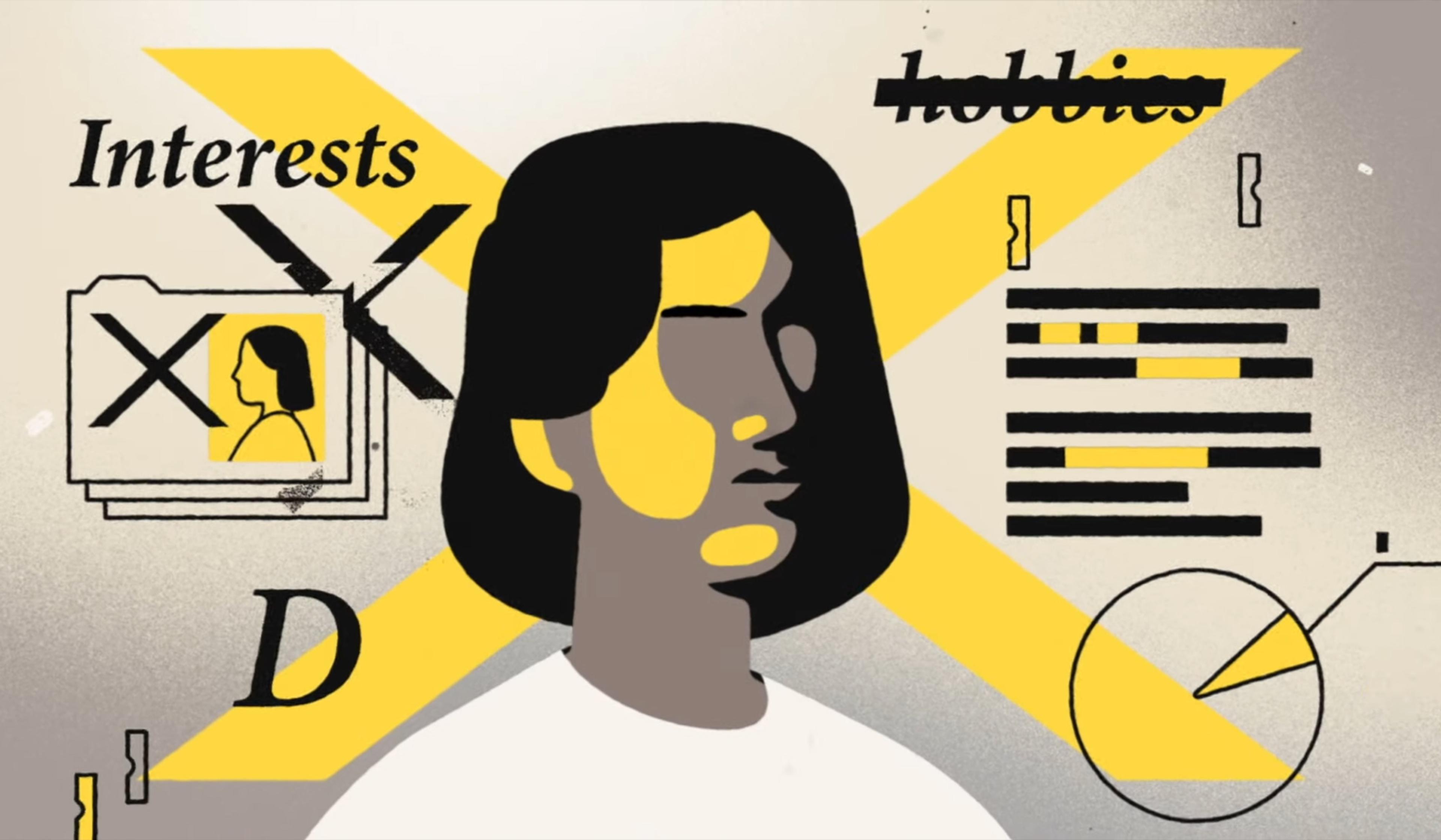The book Manufacturing Consent (1988) by Noam Chomsky and David S Herman aimed to upend the notion of Western media as a force for public good. Rather than serving as a vital check on power and a source of reliable information, they argued, the mass media existed to sustain and protect power, making media institutions of the ‘free world’ little better than government propaganda channels of dictatorships. Aided by some truly strange and inventive visuals from the filmmaker Pierangelo Pirak, this brief animation for the Al Jazeera TV programme The Listening Post describes the five media ‘filters’ that, per Chomsky and Herman, ultimately determine what is presented to the public as news. A landmark work, Manufacturing Consent has been endlessly debated and reevaluated in the 30-plus years since its release. Reflected on today, its arguments raise fascinating questions about how the media has and hasn’t changed since the dawn of the internet age.
Is mass media still ‘manufacturing consent’ in the internet age?
Animator: Pierangelo Pirak
Writer: Marcela Pizarro
Narrator: Amy Goodman

videoThinkers and theories
Before Chomsky, there was Lippmann: the First World War and ‘manufactured consent’
18 minutes

videoPolitics and government
Aldous Huxley on the dangers of being ‘caught by surprise by our own advancing technology’
6 minutes

videoThinkers and theories
When Chomsky met Foucault: how the thinkers debated the ‘ideal society’
14 minutes

videoHuman rights and justice
How we confuse the ‘intended uses of technology with the actual uses’
11 minutes

videoInformation and communication
A classic film on communication finds renewed meaning in the age of memes and emojis
22 minutes

videoHuman rights and justice
Free speech is vital to human flourishing, but it’s in a decade-long slump
5 minutes

videoFuture of technology
Tech companies shroud their algorithms in secrecy. It’s time to pry open the black box
4 minutes

videoInformation and communication
The information age traffics in speed. To adapt to it wisely, we must slow down
5 minutes

videoHistory of technology
Remarkable historical footage is locked behind paywalls. It’s time to set it free
4 minutes